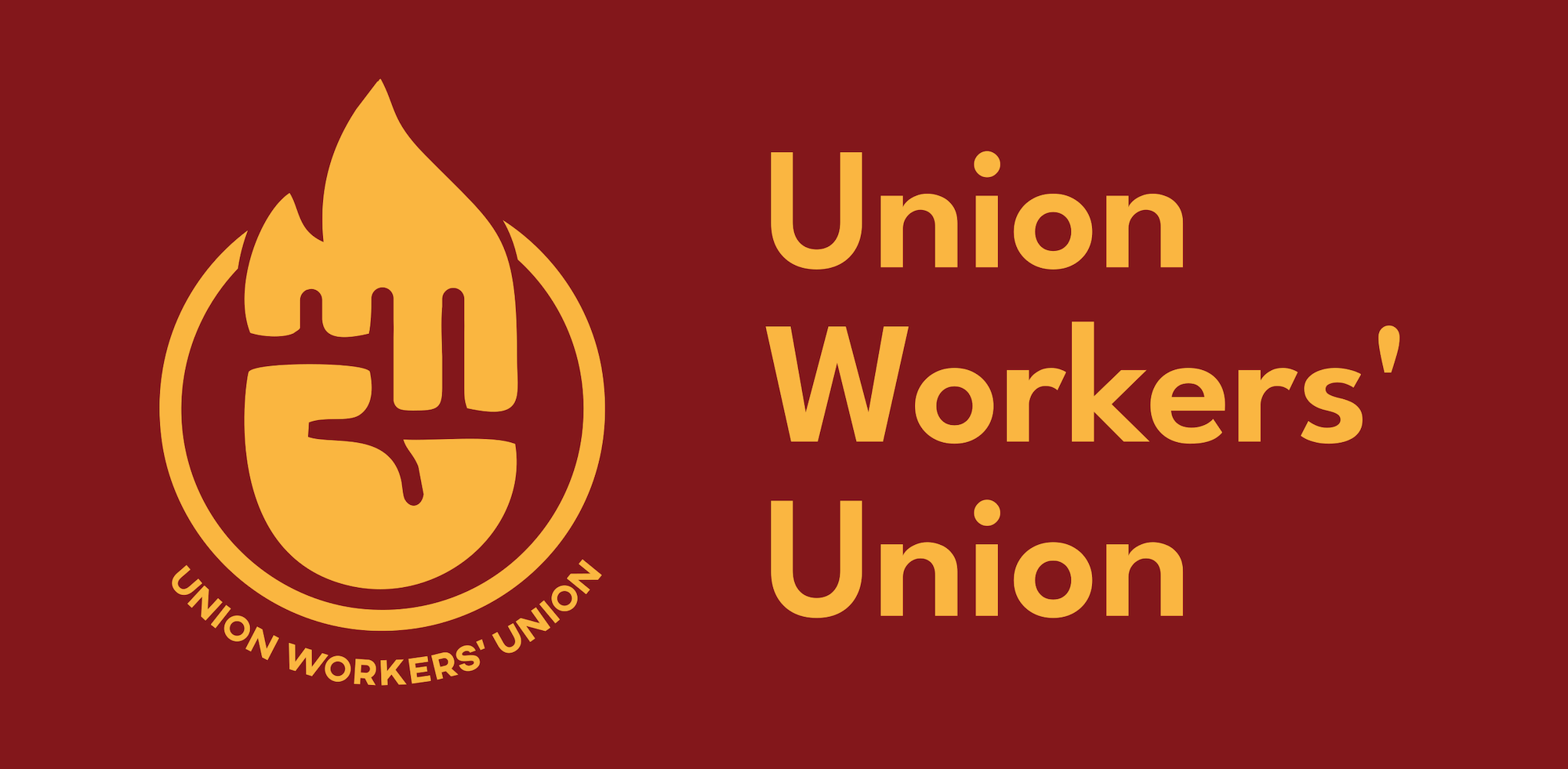The UWU has launched a significant survey to explore what it's truly like to work for trade unions. There's a common misconception that union jobs are cushy with excellent pay and minimal effort, but the reality is often quite different. For too long, the genuine experiences of trade union workers have been kept quiet, often only discussed in confidence among colleagues or within unions like the UWU that represent them.
The secrecy around workplace issues
Despite recent public reports of serious sexual harassment in some unions, a veil of secrecy still covers many issues. This problem is made worse by the widespread use of settlement agreements that often include punitive gagging clauses. These clauses effectively silence workers, preventing them from discussing what happened to them, and forcing them to leave their jobs. This approach fails to address underlying problems or improve workplace culture.
Beyond pay: The cultural divide
While many trade unions offer reasonable pay and good terms compared to the broader job market, the cultural aspect can be starkly different. We've seen unions where the working culture isn't positive or inclusive. The attitude often seems to be that union workers should just feel lucky they're not in worse-paying jobs in the "real world." This mentality can lead to complacency and resistance to change.
The gap between policy and practice
While some unions genuinely support their workers and are committed to improving equality, many others fall short. Even when equality, diversity, and inclusion are enshrined in policies, they're often not put into practice on the ground.
When challenged, many unions fail to objectively consider feedback about discrimination, harassment, or bullying. There's a tendency for senior leaders to self-congratulate, assuming their own workplace is immune to issues like racism, misogyny, ableism, or homophobia, simply because these haven't received high-profile public attention. In some cases, this refusal to engage with issues is willful, making resolution especially difficult.
The strain of high workloads and burnout
Union workers frequently face extremely high workloads and excessive demands, especially when under pressure from members or representatives. Stress and burnout are common, leading many to leave their employment due to insufficient support for the challenging tasks they undertake. This constant pressure takes a toll on mental and physical well-being. Casework, in particular, can be emotionally and psychologically draining, and excessive caseloads only worsen the problem. Some workers even leave trade union employment entirely.
Time for change: Our call to action
We believe it's time for union workers to break the silence and share their experiences. This landmark survey offers a confidential and secure platform for any union worker to describe their workplace realities - the good, the bad, and even the very ugly. Our aim is to highlight good practices and improve situations where needed.
We want all unions to create genuinely inclusive working environments, ending the "do as we say, not as we do" approach. By publicising best practices, we hope to encourage cultural change in areas that need it most. The UWU is dedicated to improving conditions across the trade union movement. This survey will be a crucial tool for identifying both exemplary employers and areas needing urgent attention. We want every union to truly embrace a positive and equitable culture for all workers, rather than just paying lip service to these ideals. We also advocate for better management of stress and workloads, with union managers providing more effective support to their teams.
Participate in the anonymous survey
The survey is completely anonymous and has the potential to bring about lasting change. If you are a union worker, please take a few minutes to fill it in to share your experiences. We also encourage you to share the survey link with colleagues and other workers in the movement. This is a unique opportunity for union workers to speak honestly and openly without fear of repercussions.
Thank you for your participation!
